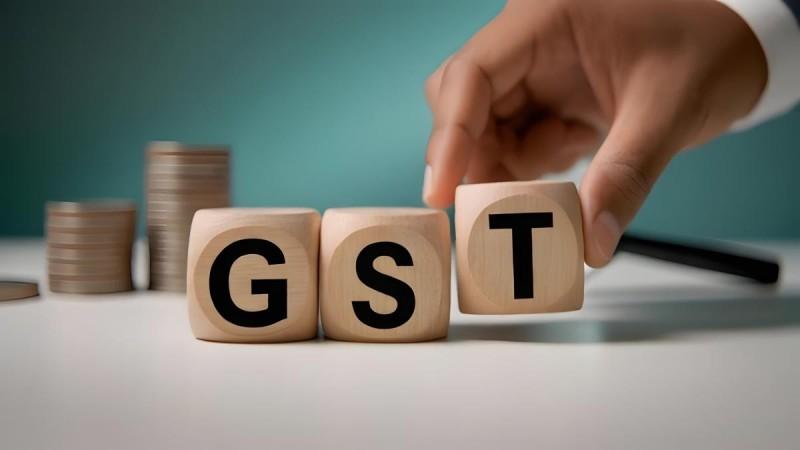
Today marks the first day of Navratri and the festive season, and the government has announced a big Diwali gift — lower GST rates are now in effect. India's GST 2.0 reforms have gone live, simplifying the tax structure into broader slabs of 0%, 5%, 18%, and 40%. A major highlight: 90% of items previously taxed at 28% have now been brought down to 18%.
This overhaul, aimed at easing the burden on consumers, will particularly impact household electronics and appliances, making many tech essentials more affordable amid rising inflation. While some gadgets like mobile phones and laptops remain at their existing rates, big-ticket items like Smart TVs, refrigerators, and air conditioners are set to get cheaper by up to 10%, depending on the product.
Here's a breakdown of the new GST regime and what it means for your wallet:
New GST slabs
The 12% and 28% GST slabs have been scrapped for many items.
Now, most daily essentials fall into the 0%, 5%, or 18% categories.
Items Now at 0% GST
Several everyday essentials have been made completely tax-free (earlier taxed at 5%):
Paneer, chhena
UHT (long-life) milk
Pizza bread, khakhra, chapati, paratha, kulcha
Life and health insurance
33 life-saving medicines
Medical oxygen
Sharpeners, crayons, pastels
Notebooks, pencils, erasers
Daily Food & Toiletries at 5% GST
Household staples now taxed at just 5% include:
Packed flour (atta), rice, namkeen, biscuits
Shampoo, soap, toothpaste, detergent
Electronics Now Cheaper (18% Slab)
Electronic appliances that were earlier taxed at 28% are now taxed at 18%:
Air conditioners
Refrigerators
Televisions
Mobile phones remain unchanged at 18%, meaning iPhones or Samsung flagships won't drop in price overnight. But the simplified slabs could indirectly stabilise pricing by reducing compliance costs for manufacturers.
Similarly, audio devices such as headphones, earbuds, and portable speakers also remain at 18% — good news for audiophiles, as premium and budget options stay reasonably priced.
The levy on stationery items for schools and offices, including erasers, pencils, notebooks, and maps, has been removed.

Dry fruits and nuts, including almonds, cashews, pistachios, and dates, will now be taxed at 5 per cent instead of 12 per cent.
Cement for housing is now set at 18 per cent, down from 28 per cent. Services such as haircuts, salon treatments, yoga classes, gyms, and health clubs will also see reduced rates.
The government has merged cess into the GST base and imposed a 40 per cent levy on sin and luxury goods to offset revenue losses.
Cigarettes, bidis, pan masala, gutka, and other tobacco products are subject to the highest tax rate, along with aerated beverages such as Coca-Cola, Pepsi, and Fanta.
Large sport-utility vehicles and multipurpose vehicles exceeding 1,200 cc (petrol) or 1,500 cc (diesel) and measuring over 4 metres will now be taxed at 40 per cent, up from the previous rate of 28 per cent plus 22 per cent cess.

















